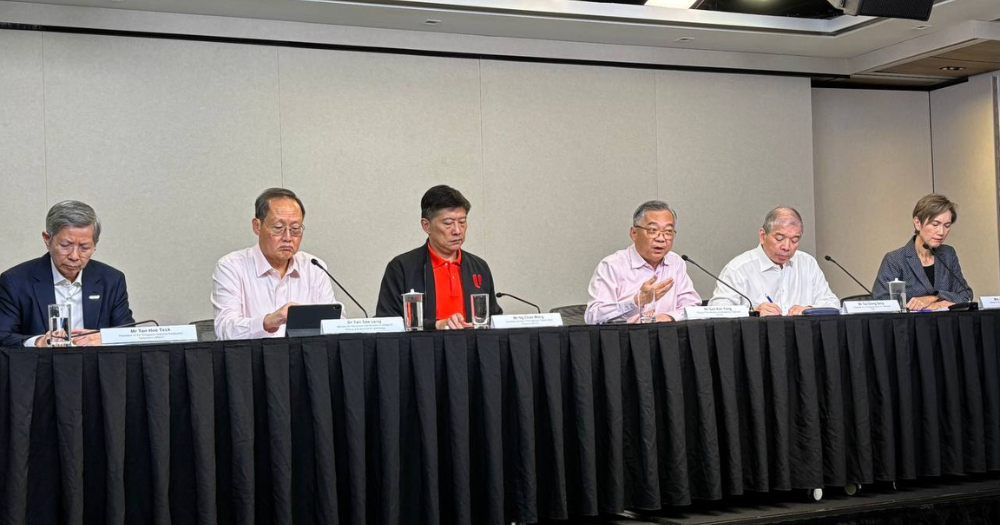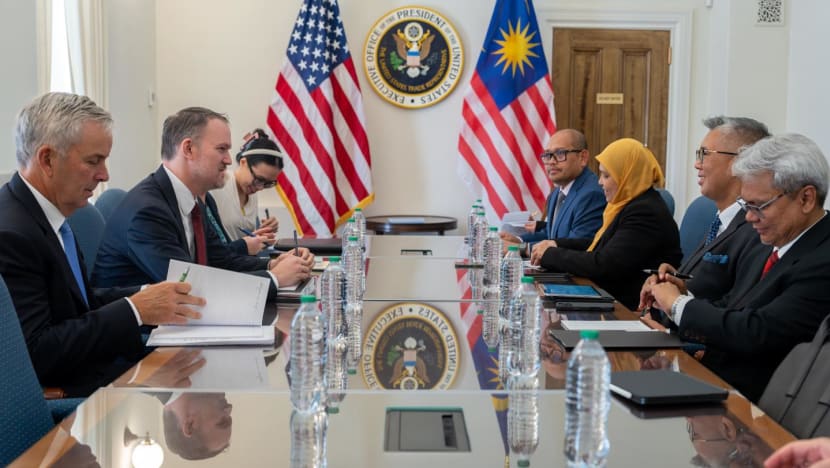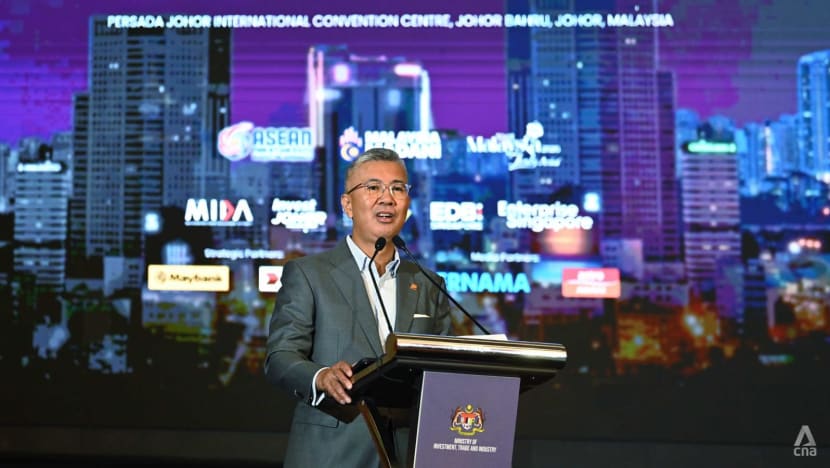ASEAN CAN HASTEN ECONOMIC INTEGRATION
When asked if ASEAN will adopt a more coordinated response against US tariffs, Tengku Zafrul said the regional bloc continues “to stand firm on principles of free trade and multilateralism”.
But each ASEAN member is negotiating bilaterally with the US as each has different issues to raise, he said, also noting the US’ preference for bilateral talks.
Viewfinder Global Affairs managing director Adib Zalkapli said Malaysia’s tariff hike was not an “ideal outcome for Malaysia or ASEAN as an organisation, but it’s an opportunity for the organisation to demonstrate its importance”.
“The tariff situation may speed up economic integration between the member states,” he told CNA.
Adib predicted that the US Liberation Day tariffs would remain in some form even after the Aug 1 deadline.
“It is unrealistic to expect a favourable outcome from the negotiations with the US,” he added.
“Practically, some of the US demands on trade imbalances are hard to meet, simply because of the complexity of the global supply chains. Politically liberalising the halal regulations is suicidal for any Malaysian government.”
Principal adviser for the Pacific Research Center of Malaysia and senior fellow at the Singapore Institute of International Affairs Oh Ei Sun said Malaysia’s rate hike was “perhaps predictable" given that it was “quite insistent” on some of the non-tariff barriers.
“For example, Malaysia practises extensive affirmative actions, which are repugnant to the Trump administration both ideologically and commercially,” he said.
Sharon Seah, senior fellow and coordinator at ISEAS - Yusof Ishak Institute’s ASEAN Studies Centre, believes the one percentage point hike on Malaysia and Japan is “arbitrary”.
“There is no rationale or reason behind it … so there is no need to read too much into it. In the bigger scheme of things, (one percentage point) is not significant when one is going from zero tariffs to over 20 per cent,” she said.
While Seah noted that many countries made their best efforts to negotiate with the US since Apr 2, when Trump first announced his Liberation Day tariffs, she noted that no ASEAN member states besides Vietnam managed to conclude a deal.
“The bottleneck is not on ASEAN member states’ side but rather on the US administration side, bearing in mind that DOGE actions have significantly reduced manpower in the different departments like Treasury, Commerce, USTR,” she said.
Seah was referring to the US’ so-called Department of Government Efficiency, a Trump 2.0 initiative tasked with maximising productivity and cutting excess regulations and spending.
“This arbitrary increase does not in any way reflect on Malaysia’s ASEAN chairmanship and should not be read as a signal of retribution on ,” she said.
The fact that Rubio cancelled trips to Japan and South Korea to attend the ASEAN foreign ministers’ meeting is a “good sign”, as it allows ASEAN counterparts to seek bilateral meetings with him, Seah said.
“I believe much of the conversations will centre around the tariffs. Rubio will have to convey this back to Washington,” she added.



















